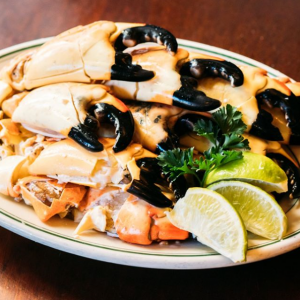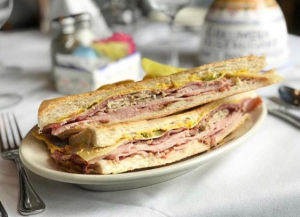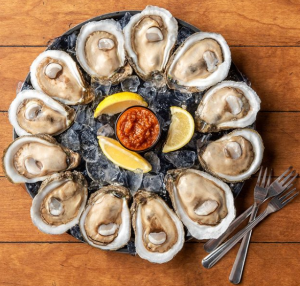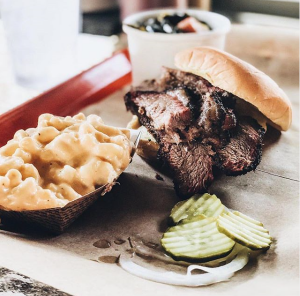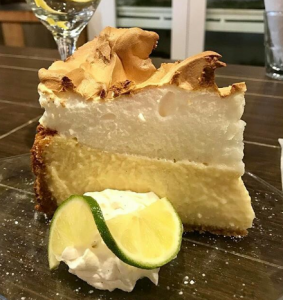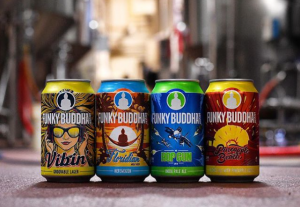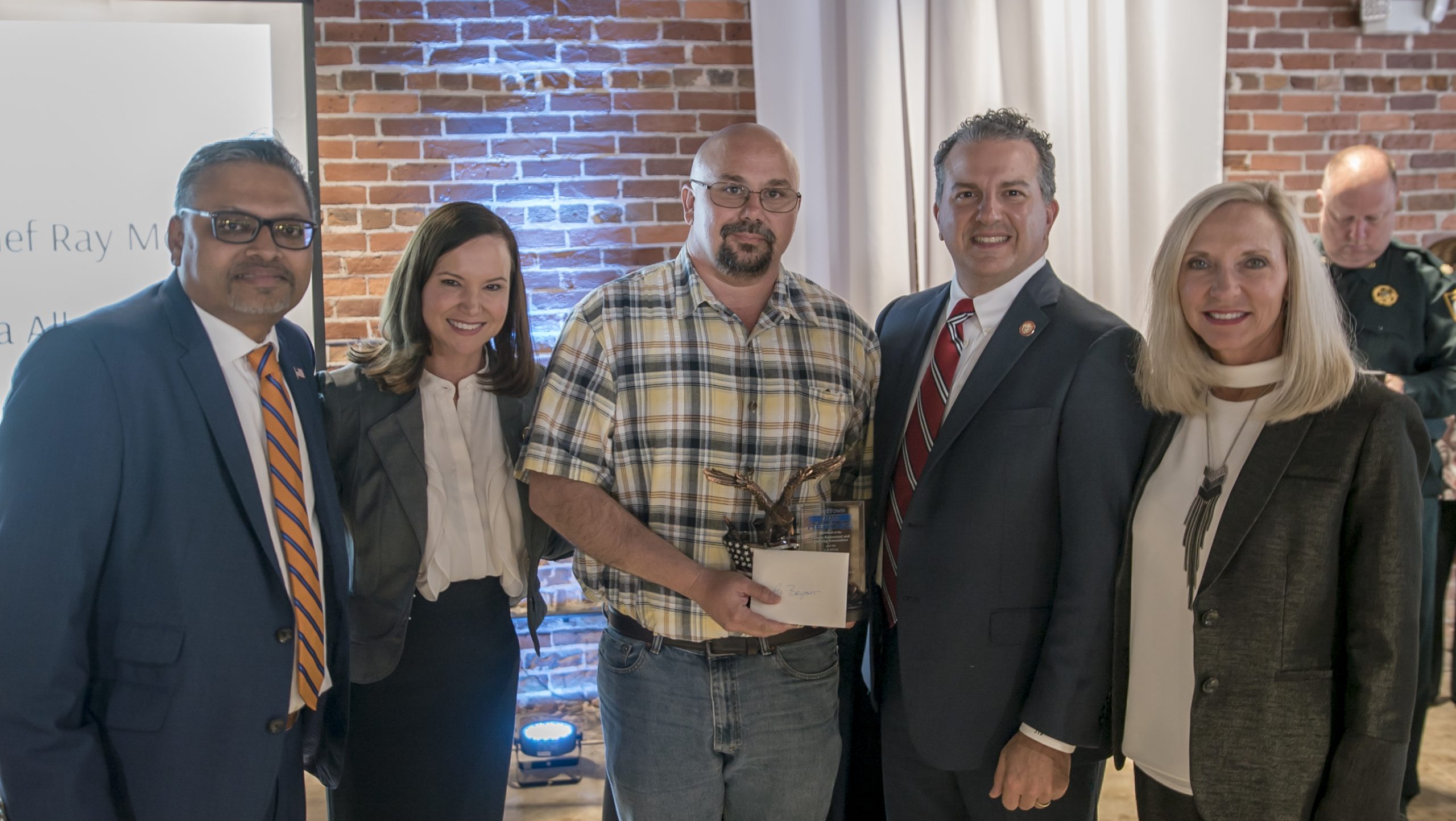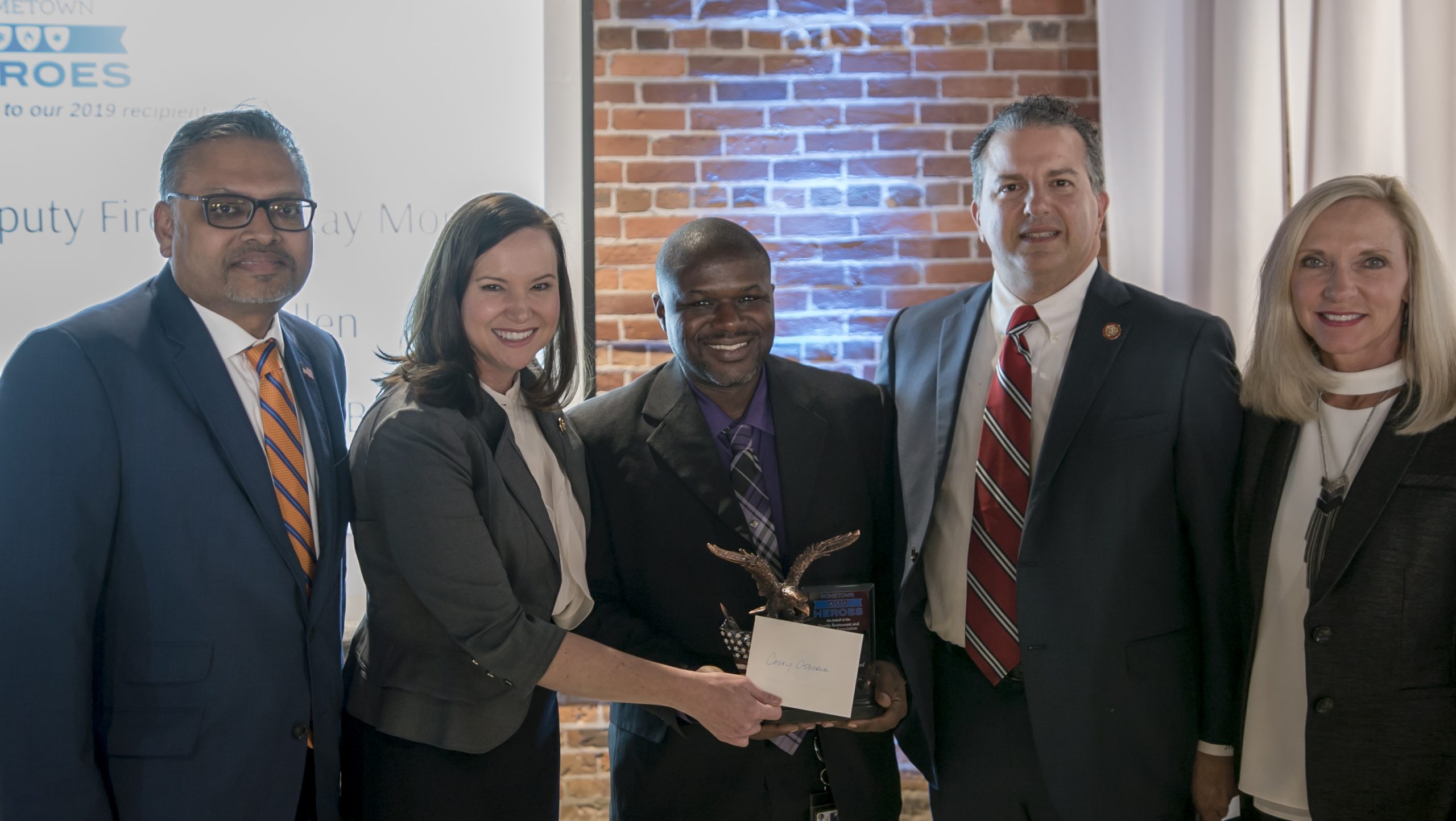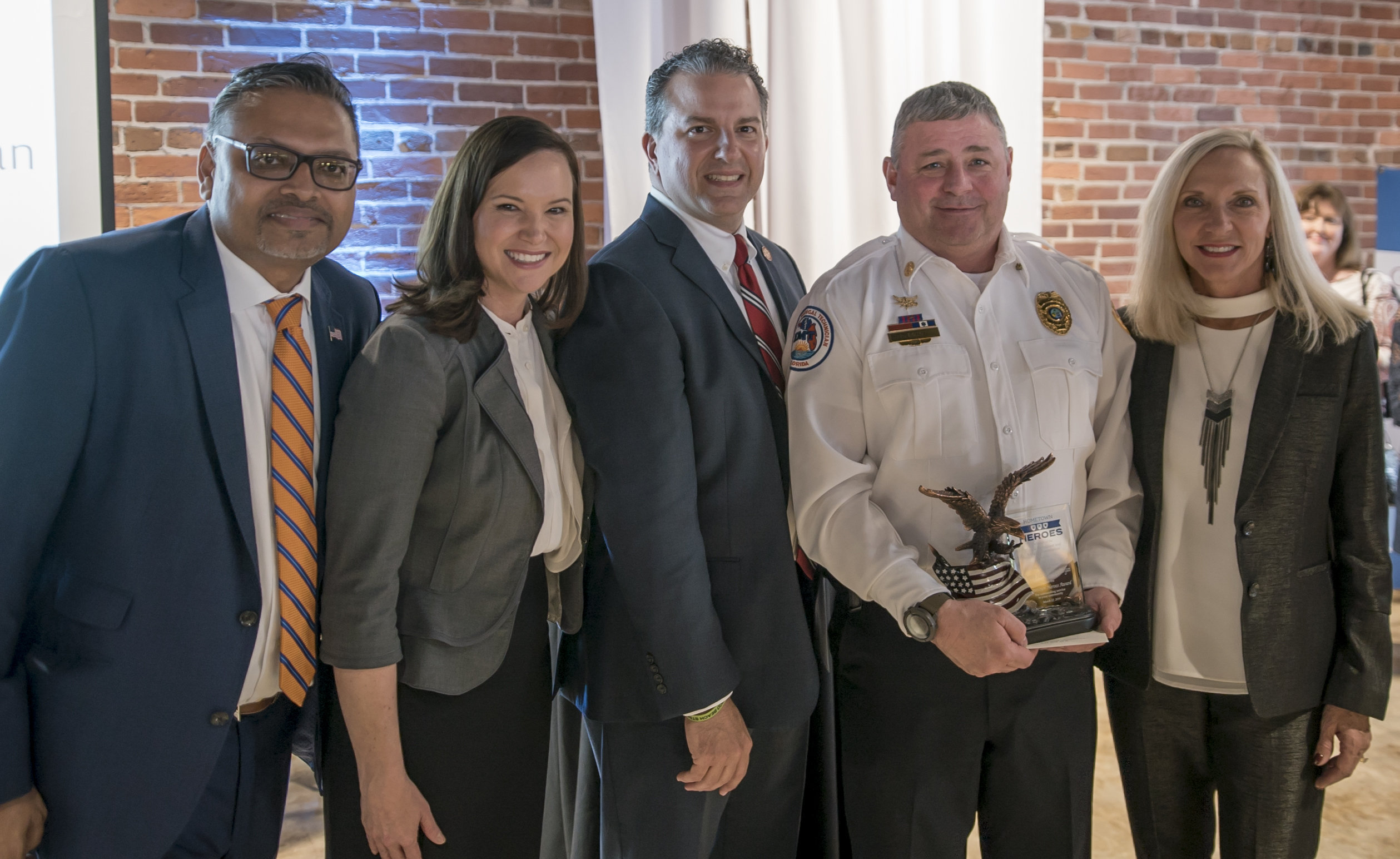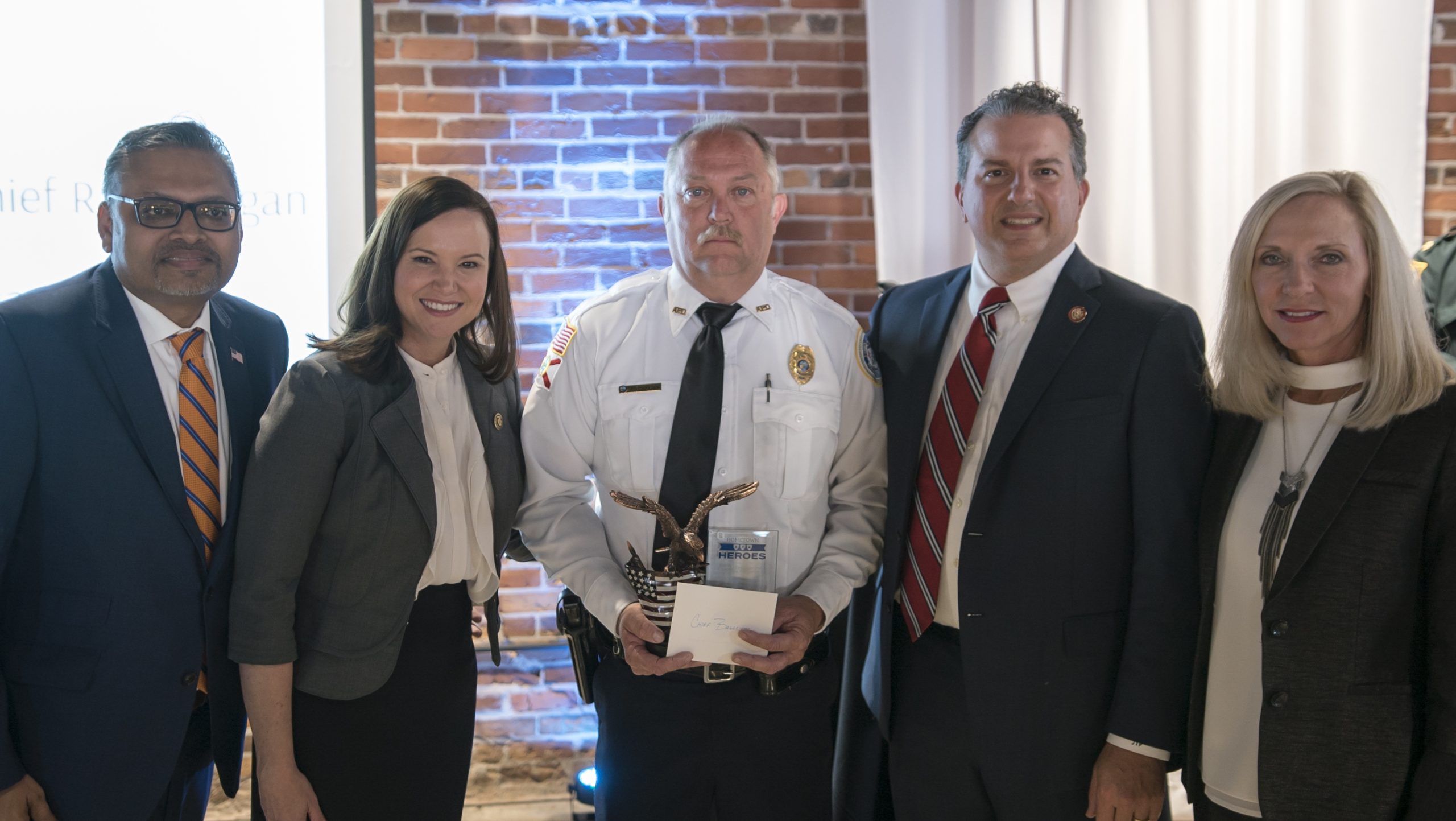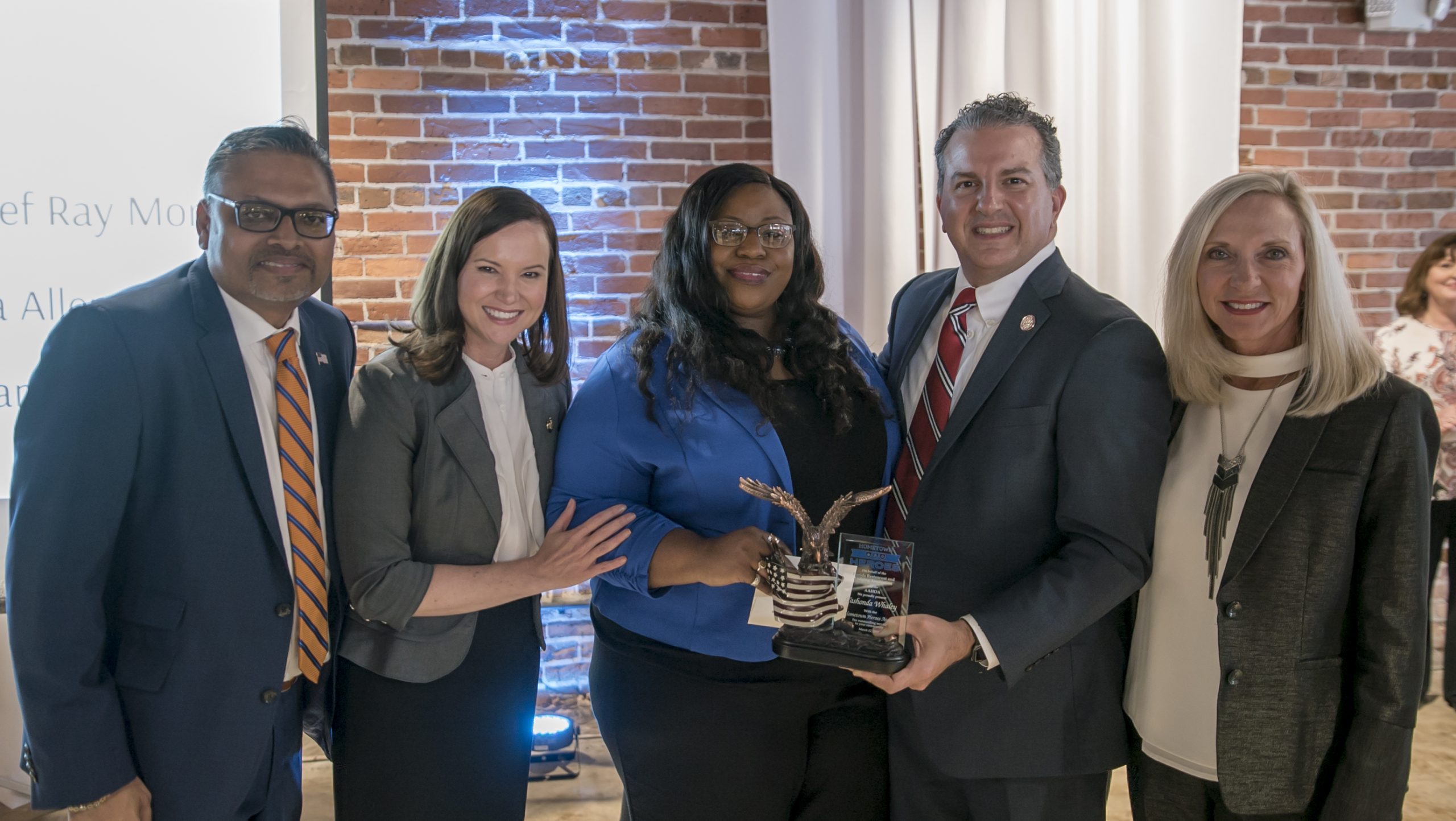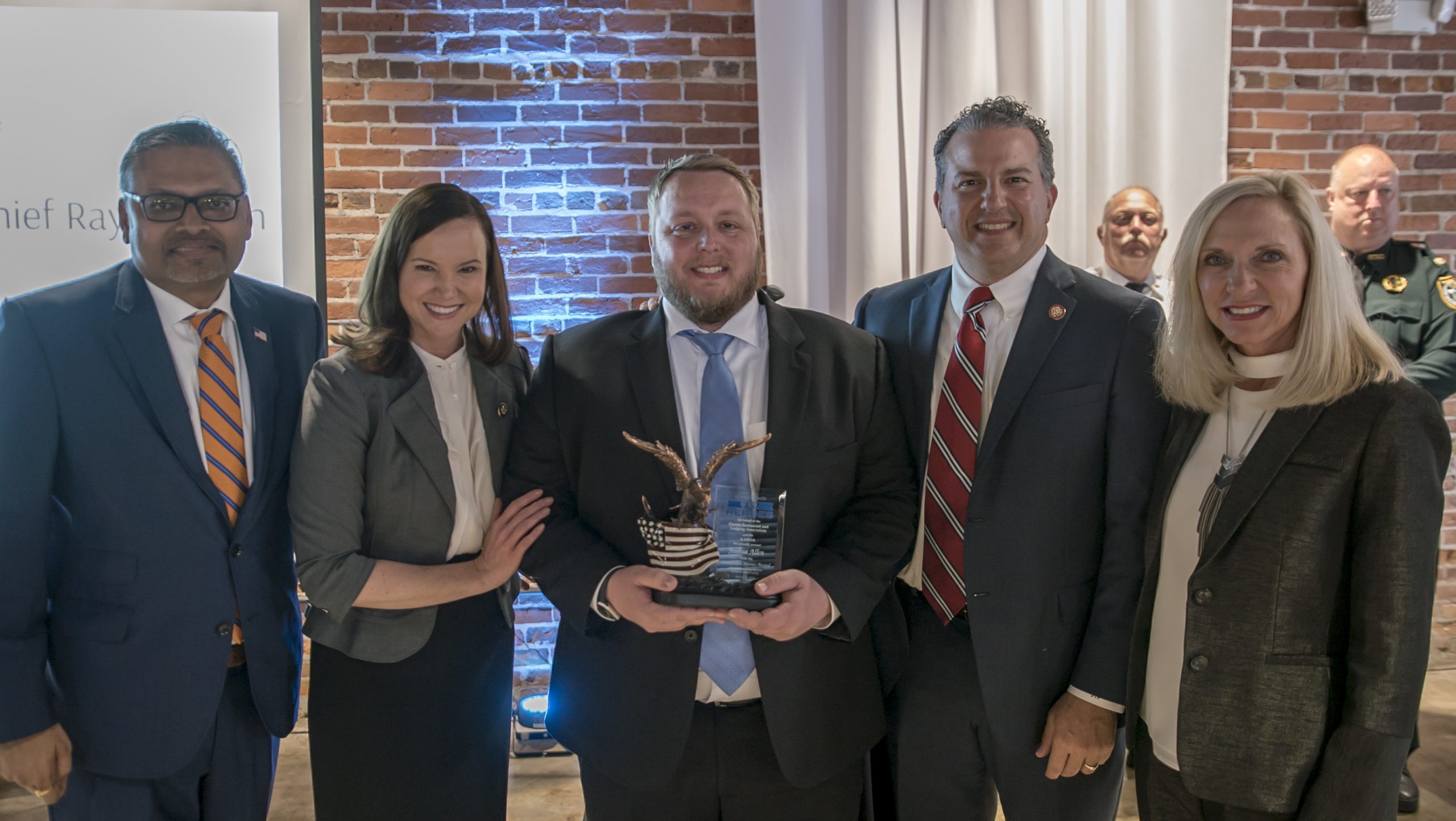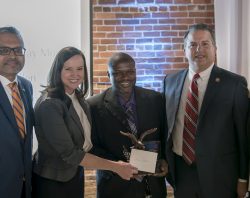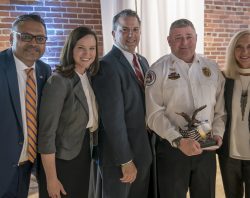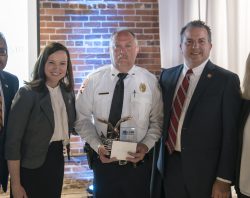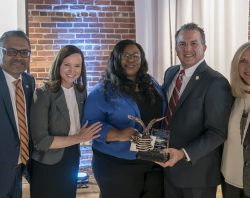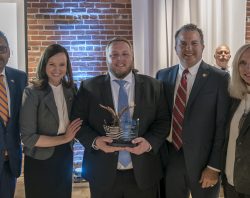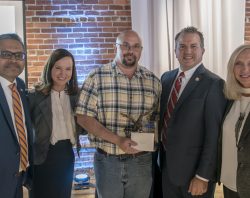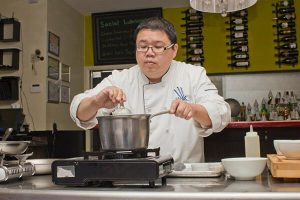There really is no other place like Florida! When people think of the Sunshine State, they imagine beaches, springs, trails, campgrounds, theme parks, hotels, shopping and culinary delights, but Florida is about experiences, making connections and memories.
With record numbers of visitors to the state, it is more important than ever that VISIT FLORIDA works together with its partners to help create these experiences. To help make these connections, VISIT FLORIDA relies on its private sector, state agency and trade association partners, like the Florida Restaurant and Lodging Association. VISIT FLORIDA’s vision is to establish Florida as the No. 1 travel destination in the world and we can accomplish this together.
Tourism supports Florida’s economy, creates jobs for residents, and its economic impact is felt across the state. Year after year, Florida has welcomed a record number of out-of-state visitors, and based on the latest economic impact study, these visitors spent $112 billion and supported 1.4 million Florida jobs. According to the Florida Office of Economic and Demographic Research, for every $1 the state invests in VISIT FLORIDA, $2.15 in tax revenue is generated.
Each year, Florida Tourism Day gives the industry a chance to come together in Tallahassee to talk with legislators about the impacts of tourism on the state’s economy. Working with FRLA, VISIT FLORIDA looks forward to a successful legislative session for the tourism and hospitality industry. The industry’s hard work makes a difference in the experience visitors have in Florida and keeps them coming back! VISIT FLORIDA’s goal is not just to share sunshine, but to brighten the lives of all.
Some of the benefits of partnering with VISIT FLORIDA include marketing tools, hospitality training, industry contacts, discounts, promotions, partner to partner benefits and increased marketing exposure to visitors. VISIT FLORIDA works to leverage marketing for its partners through a number of creative and affordable co-op opportunities such as digital and print advertising, domestic and internationally targeted social media, video content production and more.
To learn more about the resources available to Florida tourism businesses, go to VISITFLORIDA.org.
Article found in the Florida Restaurant and Lodging Magazine Spring 2019 Edition

